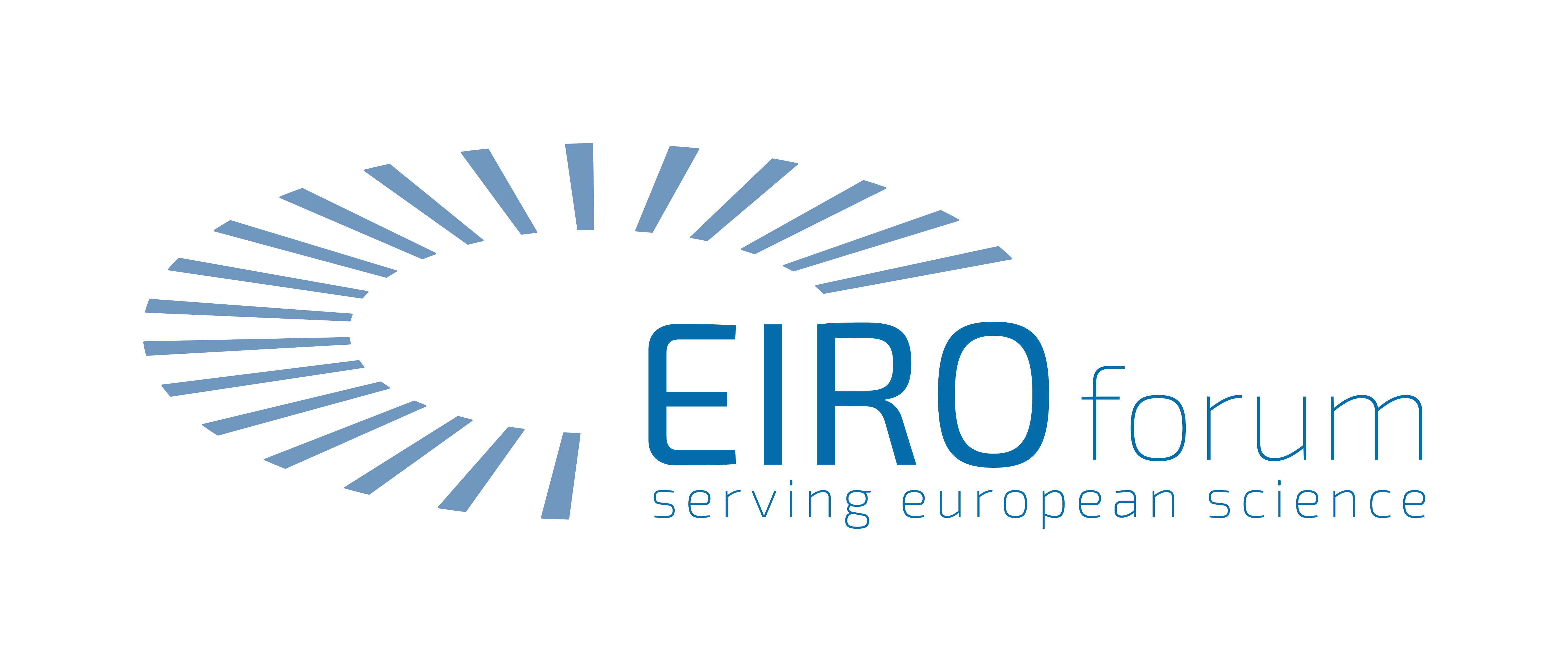EIROforum Knowledge Management Workshop -
Effective Knowledge Capture and Transfer in Complex Technical/Scientific Research Projects

Knowledge management activities focus on the capture, codification, and transfer of tacit knowledge of scientific/technical experts. Effective strategies ensure that tacit and explicit knowledge is managed strategically and efficiently, aligned with the needs and goals of the organisation delivering value to the staff and internal/external stakeholders. Incorporating suitable processes and governance can lead to an educated and well-trained workforce while cultivating communities that shares experience and supports each other.
Benefits of effective knowledge management includes:
- Risk mitigation: safeguard critical knowledge by preventing its loss due to retirements, job transition to outside of the organization and natural erosion of memory over time.
- Synthesis of knowledge: integrate know-how and experience from diverse teams to identify underlying physics and engineering principles, distil best practices and lessons learned.
- Efficiency increase: embed knowledge capture and transfer into everyday processes, make knowledge accessible and encourage its reuse.
- Active prevention of similar issues and faults: avoid repetition of similar errors by implementing insights gained from other facilities and past experiences. Incorporate lessons learned and best practices into engineering design, operational procedures and commissioning of plant systems.
- Learning and development support: improve training and education opportunities and materials fostering continuous learning and skill enhancement.
- Leverage collective expertise as competitive advantage: capitalize on the collective knowledge of the organization as a strategic advantage in building external collaborations.
Complex technical/scientific research projects phase additional difficulties such as the innovative, academic research environments, generational gaps between design, construction and commissioning/operation of technical systems.
The workshop calls for contributions related to:
- Knowledge capture activities in organisations (current systems, plans, difficulties, lessons learned, needs) into written form, video format, training activities
- Embedding of knowledge base (e.g. lessons learned databases) into new projects
- Experience with communities of practices (sharing of experience and know-how expert to expert)
- Institutional knowledge retention
The aim of the workshop is to learn from experience of the various organisations and identify potential opportunities for learning from each other and collaborations.
